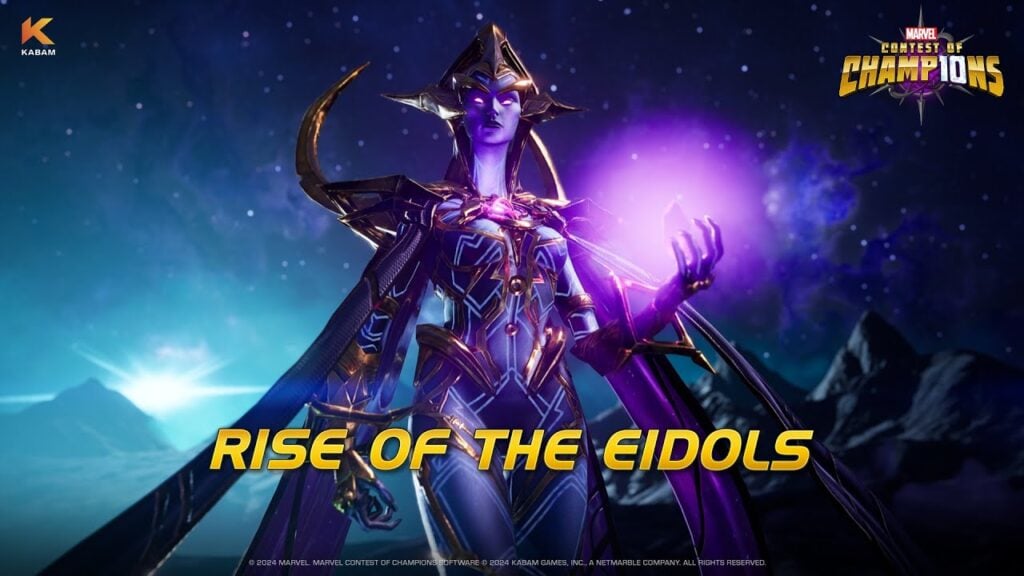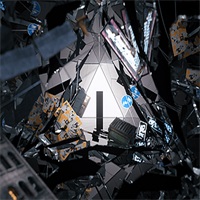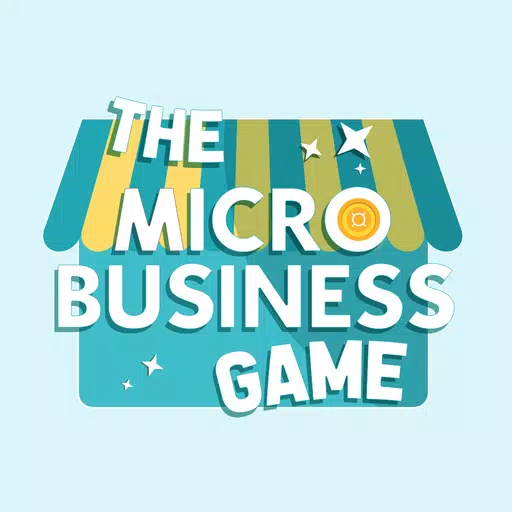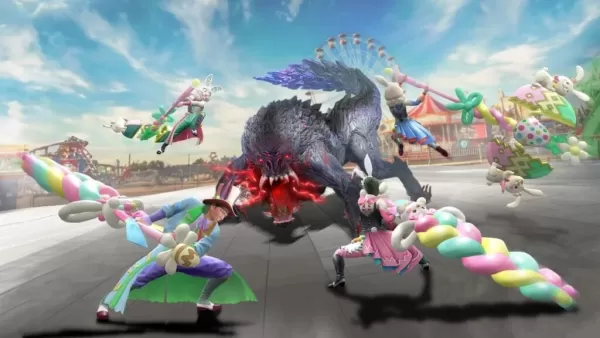Ubisoft sued over The Crew game ownership claims
Ubisoft has clarified that purchasing a game does not grant players "absolute ownership rights," but rather a "restricted license to use the game."
The gaming giant made this statement while attempting to dismiss a lawsuit filed by dissatisfied The Crew players who challenged the company's decision to sunset the original racing title last year.
The 2014 edition of The Crew became completely inaccessible following the permanent shutdown of its servers in March 2024, rendering all versions – whether physical copies, digital downloads, or previously owned copies – unplayable.
Ubisoft implemented offline modes for The Crew 2 and The Crew: Motorfest to preserve player access, but chose not to offer similar accommodations for the original game.
Late last year, two players initiated legal action against Ubisoft, claiming they believed they were "purchasing permanent ownership of The Crew rather than a time-limited license."
"This would be like buying a pinball machine only to later find its components removed and the score display disabled," their original court filing analogized.
As reported by Polygon, the plaintiffs allege Ubisoft violated multiple California consumer protection statutes – including False Advertising Law, Unfair Competition Law, and Consumer Legal Remedies Act – alongside claims of fraud and breach of warranty. They further contend the company violated California's gift card expiration regulations.
The lawsuit included copies of game activation codes displaying an expiration date of 2099, which the players interpreted as guaranteeing the game's availability through that time period.
Unsurprisingly, Ubisoft disputes these claims.
"Plaintiffs incorrectly assumed their physical purchases granted indefinite access to The Crew and take issue with our decision not to develop an offline solution," Ubisoft's legal team responded.
"The core misunderstanding stems from consumers thinking they were buying full ownership rights rather than the clearly stated limited license described in our terms," the company argued.
Ubisoft's response highlights that all console packaging contains "prominent, capitalized notices" reserving the company's right to terminate online features with 30 days' notice.
The publisher has filed to dismiss the case, though if unsuccessful, the plaintiffs have requested a jury trial.
Digital platforms like Steam now prominently disclose that purchases constitute licenses rather than ownership. This policy change followed California legislation requiring clearer consumer notifications about digital media licensing terms.
While the new law mandates transparency about licensing agreements, it doesn't prohibit companies from revoking access – only ensuring customers understand the nature of their purchases beforehand.
-
Merge Survival is teaming up with a charming cast of adorable cats in its latest crossover event: Merge Survival x Cats & Soup. This delightful crew has arrived in the wasteland, ready to make survival more relaxing and a great deal more delicious.WhAuthor : Audrey Mar 06,2026
-
Marvel Contest of Champions is marking its 10th Anniversary with a flurry of special events. Kabam kicked off the festivities with a nostalgic 10-year video showcasing the game’s evolution since 2014—highlighting epic collaborations, celebrity and crAuthor : Carter Feb 23,2026
- Spring Valley Farm Game: January 2025 Redeem Codes
- WWE Superstars Join Call of Duty Warzone: Mobile Roster
- Mobile Legends: Bang Bang – Best Lukas Build
- Midnight Girl is a minimalist point-and-click adventure set in Paris in the 60s, now open for pre-orders on mobile
- "Grand Outlaws Unleashes Chaos and Crime on Android Soft Launch"
- Video Game Song Surpasses 100 Million Streams on Spotify






















